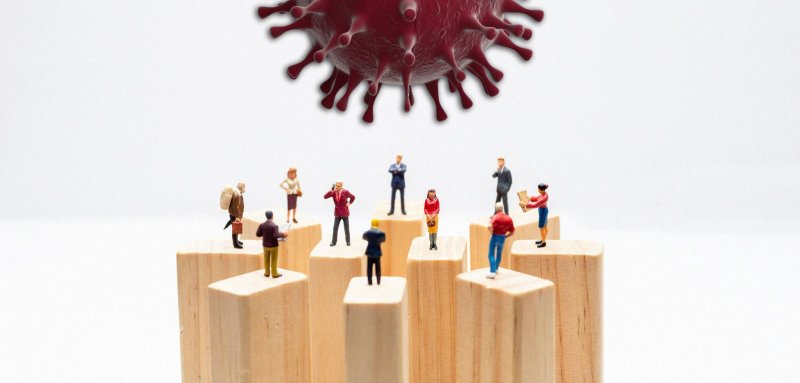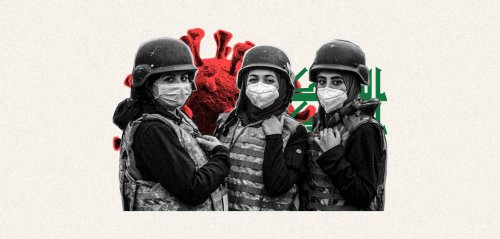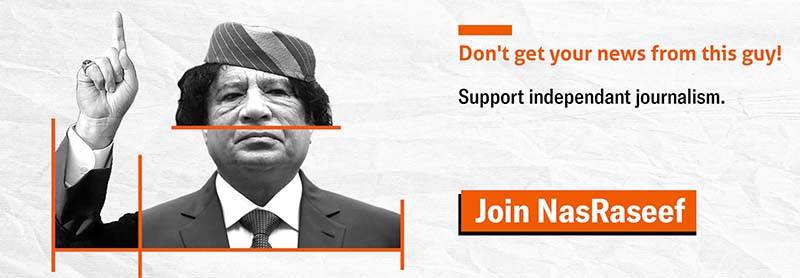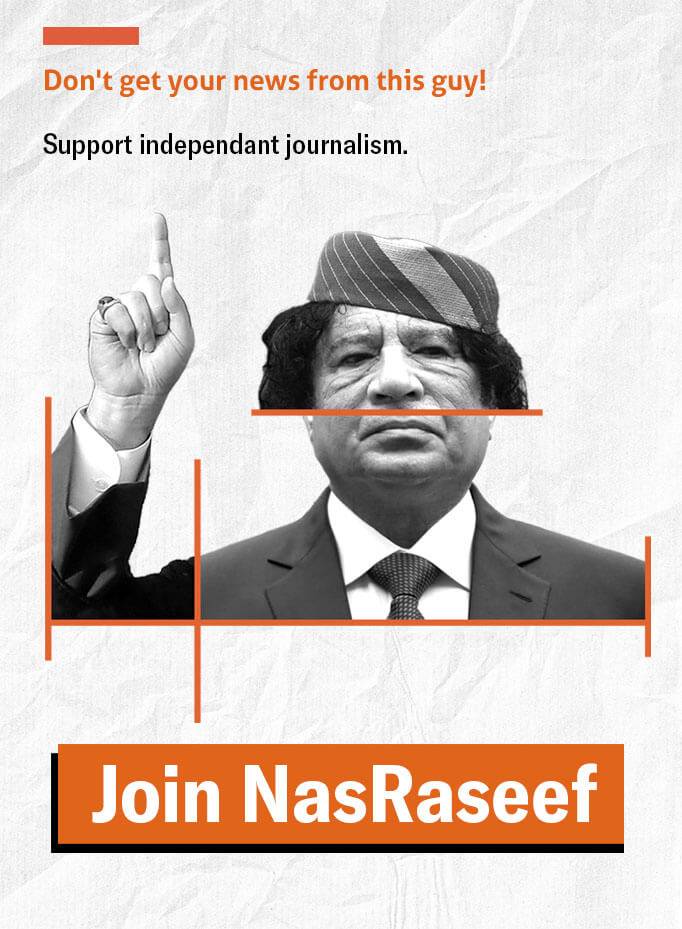Social distancing, partial lockdown, lockdown, night curfew, and then full curfew. They are ‘irresponsible and should be incriminated’, those who disobey the new laws. It is an exceptional state of emergency, some argue. Therefore, governments can and should take harsh measures to combat the seemingly unstoppable attack of COVID-19. On the other hand, some - mainly in Sweden - are betting on people’s social responsibility to curtail the spread by avoiding unnecessary gatherings, maintaining social distance, and following the golden rules of ‘wash your hands for 30 seconds and do not touch your face’. Moreover, they argue for less draconian measures with a gradual systematic response, dictated by science and the reality on the ground. While the long-term efficacy of both approaches, as well as the impact of COVID-19 on us—human beings—remains to be seen, moving towards a world with less physical socialization seems to be imminent. The question is, how this will impact our social lives?
One of the social commodities that seems to be a victim of the rapid spread of COVID-19 is conviviality. According to the Cambridge Dictionary, ‘conviviality is the quality of being friendly and making people feel happy and welcome.’ The political scientist Jane Bennett, however, offers a more sophisticated conceptualization for the notion by arguing that it is the process of ‘cultivating a presumptive generosity which requires rendering oneself more open to the surprise of other selves and bodies and more willing and able to enter into productive assemblages with them.’ In the post-COVID-19 world, the willingness to expose oneself online to others could either increase, to compensate for the dearth of physical social gatherings, or decrease as we develop more adaptive strategies to confront our more isolated life. It is our bodies, nonetheless, that will suffer the most. Physical contact with strangers, which usually occurs in different settings such as demonstrations, sexual forays, or in religious halls will become increasingly difficult.
Until we all have access to a vaccine, the world will be split between the ‘healthy’ and ‘unhealthy’. The former can travel, enjoy summer, go to the theatre or arrange a public event in their developed countries with their ‘healthy’ fellow citizens
The social distancing rule means that a group of people decrying a political decision or rallying for a common cause will have to arrange a less effective form of protest. Online dating apps have already started to remind their users about the need to avoid physical socialization, while the majority of houses of God closed their doors. Undoubtedly, it is crucial to follow instructions that aim to limit the danger of COVID-19, and this is by no means an invitation to defy lockdowns or curfews in some countries for the sake of our social lives. But we should also be aware of the changes that will characterize our social lives in the post-COVID-19 era, which might last for a long time.
It is our bodies, nonetheless, that will suffer the most. Physical contact with strangers, which usually occurs in different settings such as demonstrations, sexual forays, or in religious halls will become increasingly difficult
While all these measures are temporary until we manage to flatten the steep curve of COVID-19, the impact of war terminology, which has already dominated the public discourse of politicians, is disturbing and might not be ephemeral. ‘We are at war,’ French President Emmanuel Macron said in March at the start of his country's lockdown. In a press conference in the White House, President Trump stated that America continues to ‘wage all-out war' against the virus. The question this raises is, if we are the most effective carrier and transmitter of COVID-19, then who are we fighting? Well, we are fighting ourselves. Our fear of the infectious ‘other’ and the concern of the potential threat ‘we’ pose erect more wide-ranging barriers even than those created by populist and racist politics, as the new threat includes everyone regardless of religion, gender or colour. Gestures of showing love such as hugging and kissing have started to take the opposite meanings. Now, to love someone is to keep them away from you.
Sooner or later, a vaccine will be developed, and most probably not by the Third World countries whose medical research is significantly underdeveloped. Eventually, it will arrive to these countries after its developers distribute it to their citizens. But until we all have access to it, the world will be split, and discrimination will characterize the line of division between the ‘healthy’ and ‘unhealthy’. The former can travel, enjoy summer, go to the theatre or arrange a public event in their developed countries with their ‘healthy’ fellow citizens. For the ‘unhealthy’, whose countries are plagued with political turmoil, wars, and poverty, they will have to wait until the international community realizes the following: We live on one planet and what happens in the East does not stay in the East; it will undoubtfully affect the West.
Raseef22 is a not for profit entity. Our focus is on quality journalism. Every contribution to the NasRaseef membership goes directly towards journalism production. We stand independent, not accepting corporate sponsorships, sponsored content or political funding.
Support our mission to keep Raseef22 available to all readers by clicking here!








Join the Conversation
Anonymous user -
1 day agoتعليقا على ماذكره بالمنشور فإن لدولة الإمارات وأذكر منها دبي بالتحديد لديها منظومة أحترام كبار...
Anonymous user -
3 days agoUn message privé pour l'écrivain svp débloquer moi sur Facebook
Anonymous user -
3 days agoالبرتغال تغلق باب الهجرة قريبا جدااا
Jong Lona -
4 days agoأغلبهم ياخذون سوريا لان العراقيات عندهم عشيرة حتى لو ضربها أو عنقها تقدر تروح على أهلها واهلها...
ghdr brhm -
4 days ago❤️❤️
جيسيكا ملو فالنتاين -
6 days agoجميل جدا أن تقدر كل المشاعر لأنها جميعا مهمة. شكرا على هذا المقال المشبع بالعواطف. احببت جدا خط...